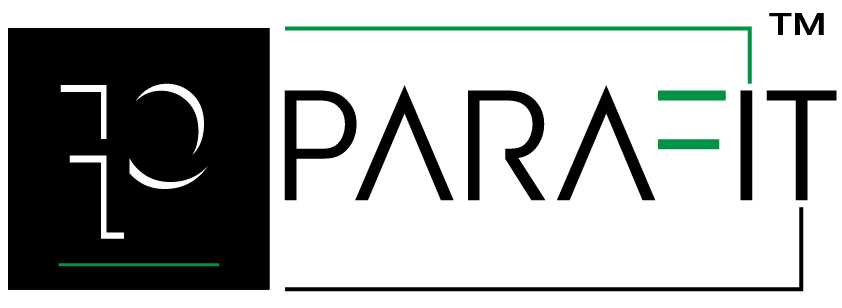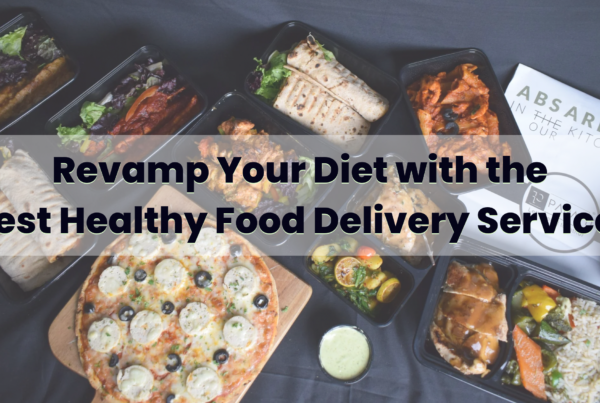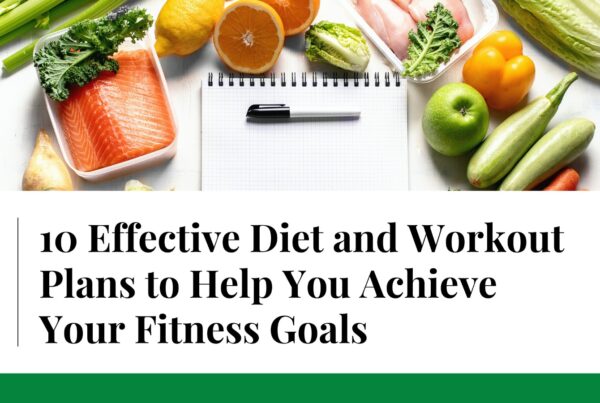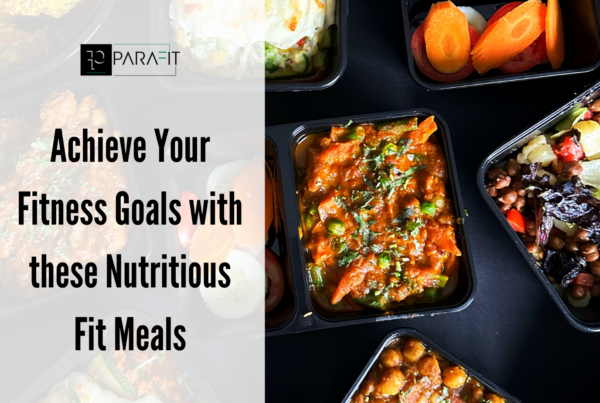Ever wondered what’s wrong with eating cheese and why do people fear it?
How do Italian’s manage to stay so fit despite of eating cheese day in and out in pizzas and pastas?
Why do many dietitians include cheese in the diet?
All your question’s will be answered in this blog
In this blog you will learn:
- The nutrient information of cheese.
- Is cheese bad for health?
- Why and when do dietitians include cheese in the diet?
The Nutrient Information of Cheese:
So, lets understand the nutrient information of a basic pizza cheese that’s used in many Indian households.
A standard 200g pack of a let’s say pizza cheese can be used to make a minimum of 4 pizzas that is 50g of cheese on each pizza.
Now, seeing the nutritional value, 100g cheese has only 250 calories and correspondingly one serving of 50g (1 pizza) will have only 125 calories – the same number of calories that 2 servings of brown bread have. Shocking, isn’t it!
But it’s not always about calories.
If you have a close look, more than 60% of the calories are from fats and rest from protein and only a trace number of calories are from carbs.
Now out of the 17 g fat in a 100g serving, 10 g is saturated fats which promotes heart diseases and are not recommended on a diet that includes sufficient carbs.
Cholesterol is 46 mg which again, is bad for the heart and blocks the arteries in long run.
Sodium is 492 mg which is way too much and increases the blood pressure and promotes unnecessary bloating.
Is Cheese Bad for Health:
We at ParaFit believe that no food is good or bad if had at the correct time, coupled with the correct food and in a correct manner. Its all about science and research that we at ParaFit follow.
As opposed to the basic notion that cheese is bad for health, here are some good points to be noted about it:
Cheese is a great source of calcium and protein. It also contains high amounts of vitamins A and B12, along with zinc, phosphorus, and riboflavin.
According to several studies, cheese could work to protect your teeth from cavities A study showed that bacteria from the Lacto bacillus rhamnosus strain, a bacteria found in cheese, can lower the count of cavity-causing yeast in the mouth. An Indian study also found that cheese with no sugar added can increase the calcium and phosphate concentration in dental plaque, which reduces the likelihood of cavities.
High-fat cheeses like blue cheese, Brie, and sharp cheddar contain small amounts of conjugated linoleic acid (CLA). This is a fatty acid that naturally occurs in foods, but it is also taken as a supplement. Supplements of CLA have been shown to be anti-carcinogenic, meaning that they can protect against cancer. They also may help prevent heart disease and obesity. However, you’d have to eat a whole lot of cheese to get the amount of CLA needed to reach supplement levels.
Cautions
Despite all of this, cheese is a high-fat and high-calorie food. Depending on the variety of cheese you eat, you’re getting about 100 calories per ounce and about 6 to 9 grams of fat, mostly of the saturated kind. It’s also loaded with sodium.
The major macro nutrient in cheese is fat which when had in excessive quantities and at wrong timings can be stored as stubborn fat under the adipose tissue of your skin making you look fat and bloated.
Cheese contains lactose, a sugar that can’t be digested by lactose-intolerant people. For them, eating cheese can lead to digestive problems including gas and bloating. People may also be allergic to whey or casein, the proteins found in milk.
Why do dietitians include cheese in your diet?
Then why do renowned dietitians these days include cheese in massive quantities in your diets?
The main reason behind it is; if they advise a client to be on a low carb, high protein and high fat diet, then they can give as much cheese as they want since cheese is high in protein and fats and extremely low in carbs. It’s a tasty way of meeting the daily protein requirement. Also, when a person is following a low carb diet, it doesn’t matter if he eats good fats or bad fats since all the fats that he will have will be readily converted into energy to be used up by the body since there will be no glycogen in the body as a fuel source.
Whereas, if a person is on a high or moderate carb diet then giving cheese in greater quantities is not advisable since the concentration is on eating good fats rather than bad fats (good fat vs bad fats – to be covered under a separate blog).
Having been said that, cheese is neither good or bad for you. It just depends on the meal plan you are on. Making a diet plan is not a child’s play and involves a lot of science and experience. Understanding the anatomy of a person and experimenting with food to satisfy him is an art. That’s exactly what we do at ParaFit.
If you have taken our Custom Meal Plan, you are well aware of the kind of food we give and the way in which we give it making life simple, effective and healthier.
If you haven’t subscribed to our Custom Meal Plan yet then come aboard and give us an opportunity to transform your life as we are doing for hundreds of others.
Let’s get fit TOGETHER 🙂







